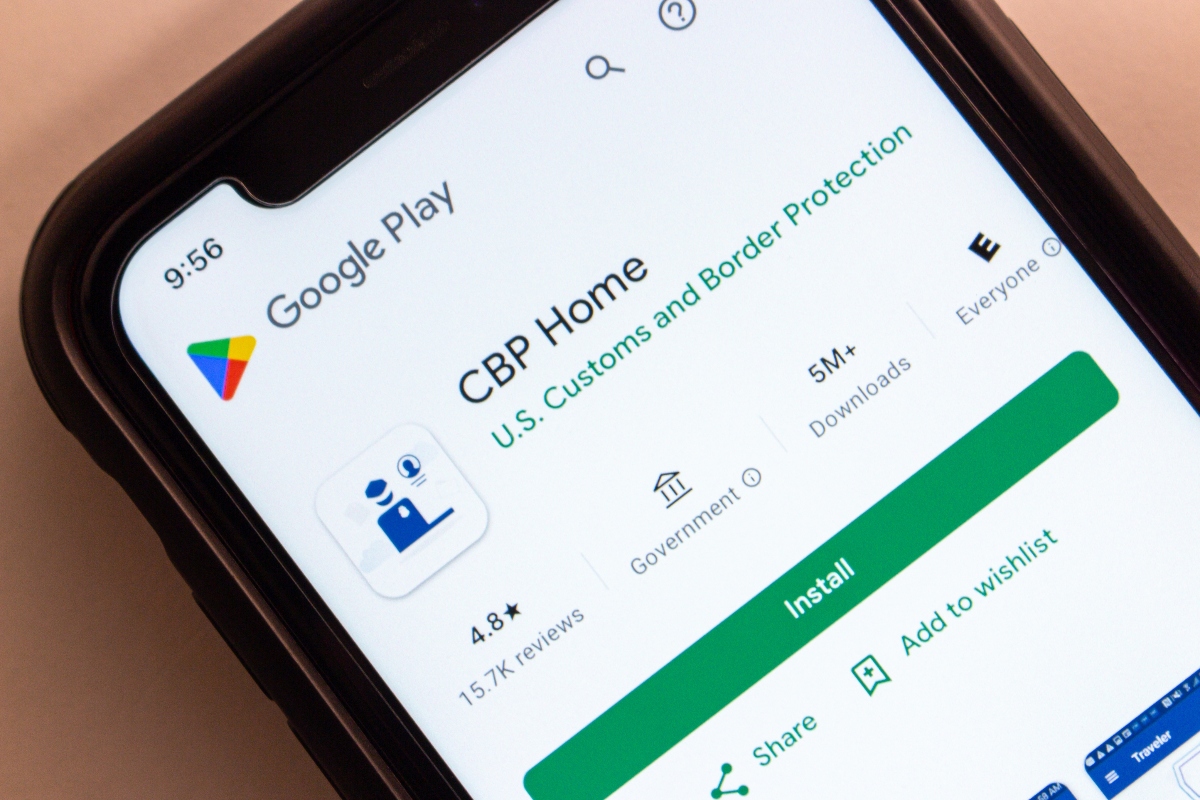The U.S. government has launched a new immigration program that allows undocumented individuals to voluntarily self-deport through the CBP Home mobile app. This tool, relaunched in 2025 under the “Project Homecoming” plan, seeks to ease the burden of the traditional deportation system and reduce operational costs.
With this program, the Department of HomelandSecurity (DHS) offers migrants who register an economic assistance of $1,000 dollars, as well as free logistics for their return to their country of origin. According to authorities, this program reduces federal costs by up to 70% compared to a formal deportation.
First official flight

The first flight with self-deported migrants departed on May 19, 2025 from Houston, Texas, bound for Honduras and Colombia.
Of the 64 migrants on board, 38 were Hondurans, 26 Colombians and some minors accompanied by family members.
The governments of both countries offered social reintegration programs and economic support for returnees.
Upon arrival, they were met by consular officials and humanitarian organizations that facilitated their transition.
How does CBP Home work?

The steps to participate in this program are as follows:
Download the CBP Home app from a cell phone.
Create a profile and indicate your intention to leave voluntarily.
Coordinate logistics with DHS agents.
Board the designated flight.
Receive the $1,000 after verifying the return.
The initiative is part of a DHS strategy to more efficiently manage immigration processes, especially in the face of increased irregular border crossings.
Criticism and legal warnings

Immigration lawyers have warned that voluntary departure by CBP Home does not automatically remove the legal penalties for prolonged unlawful presence.
Depending on the length of time in the U.S., a migrant could face reentry penalties of 3 or 10 years.
Of the 64 migrants on board, 38 were Hondurans
QueOnnda.com
In addition, human rights organizations fear that some people may feel pressured to leave the country.
Especially those without adequate legal advice.
For more information, visit QueOnnda.com.























